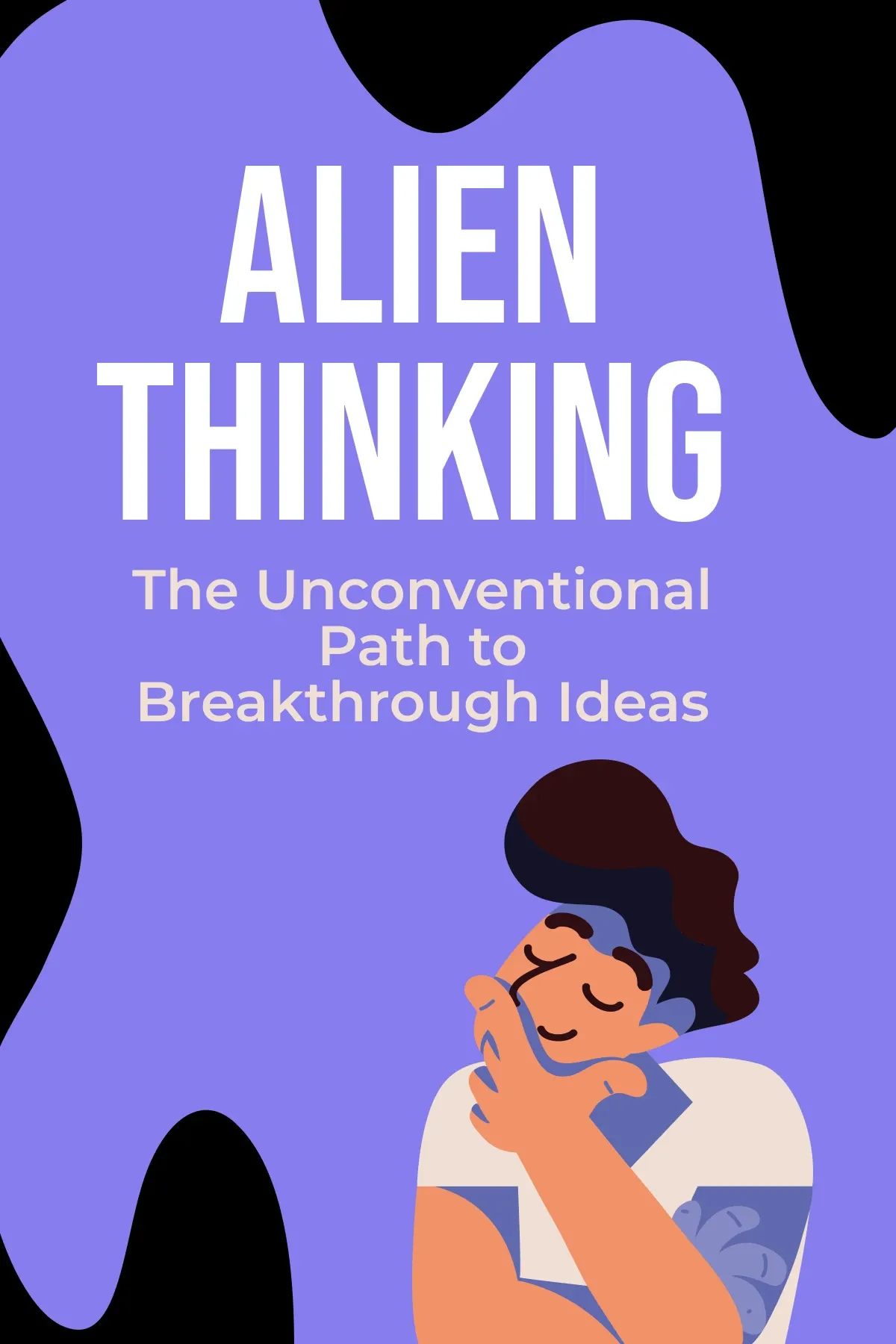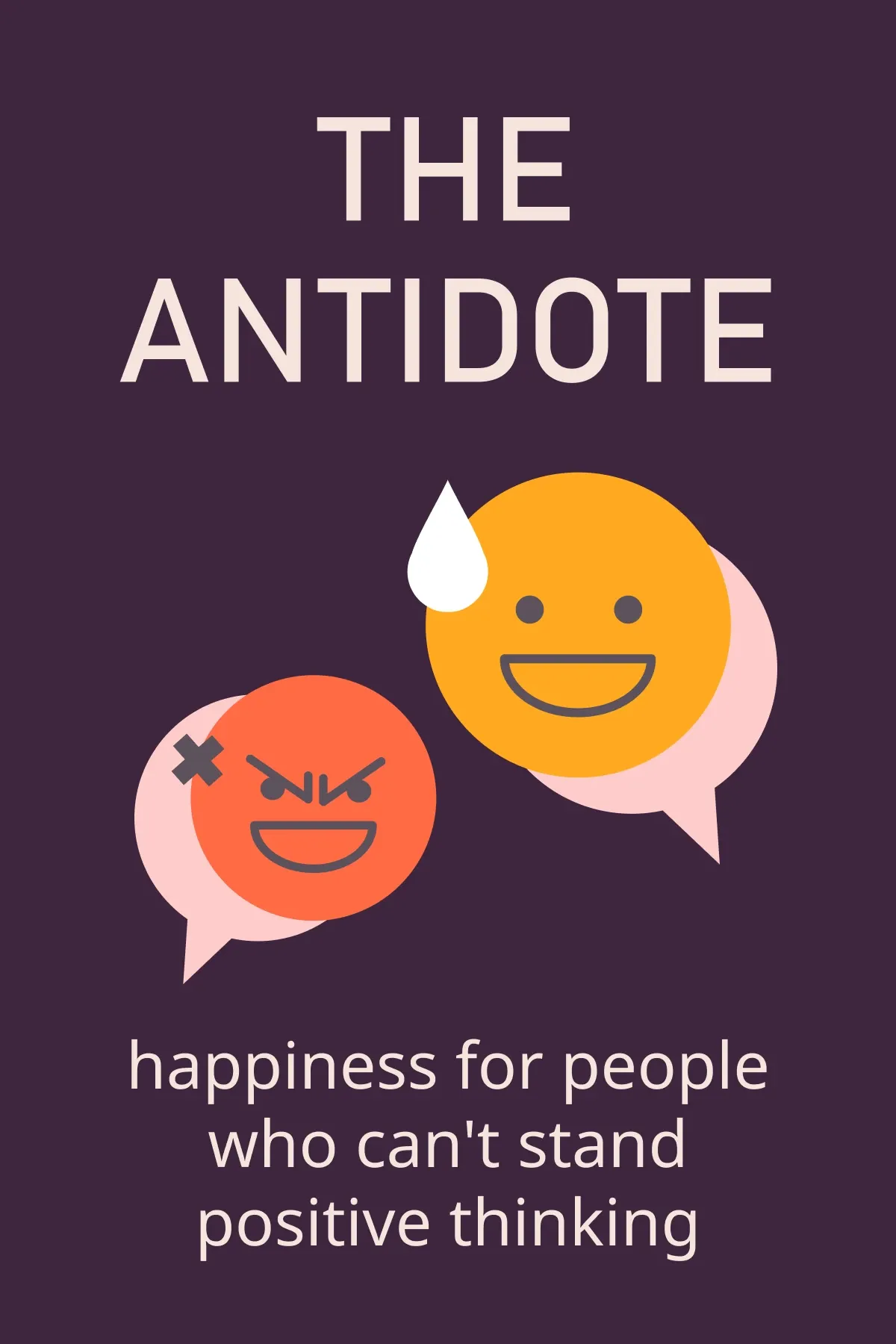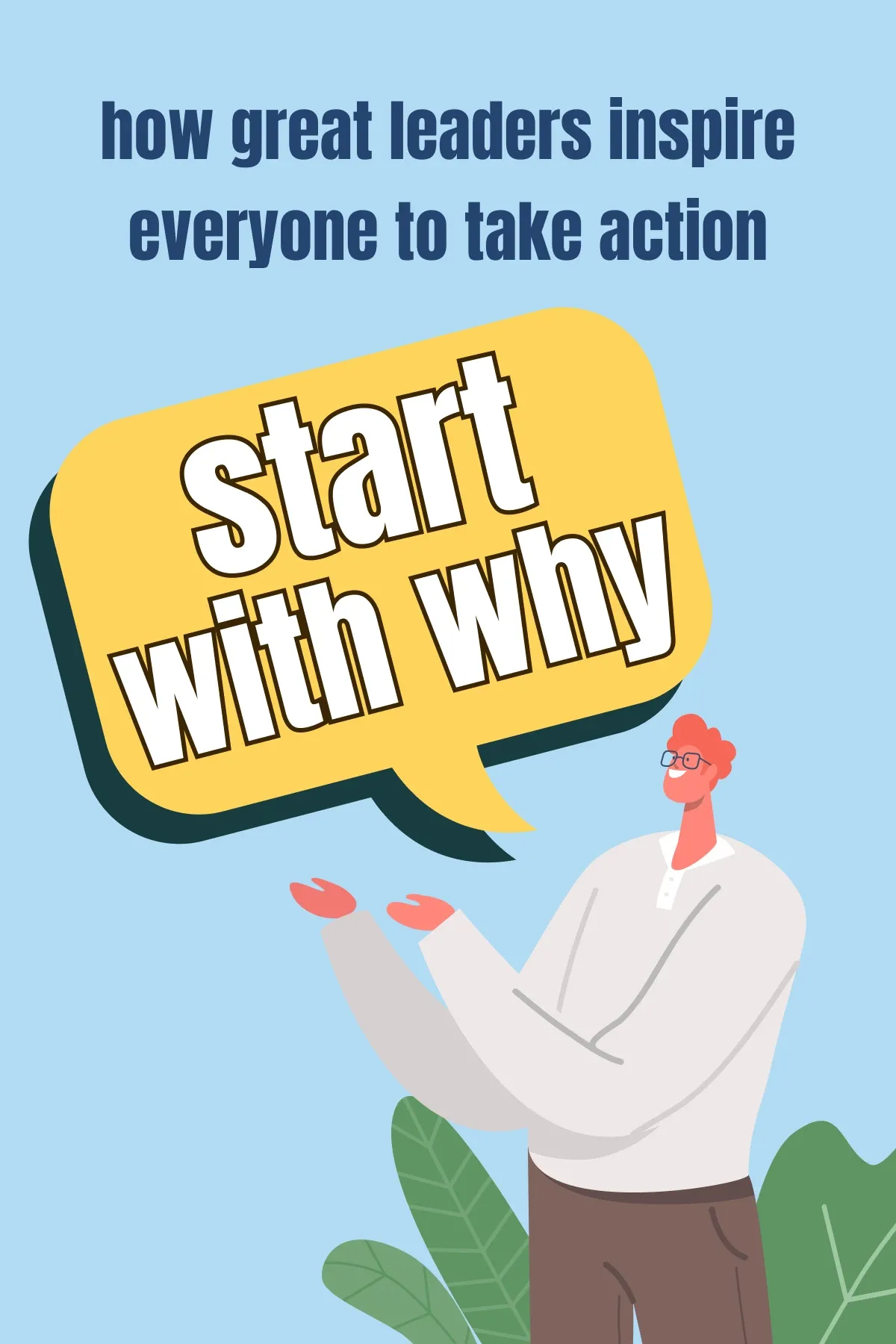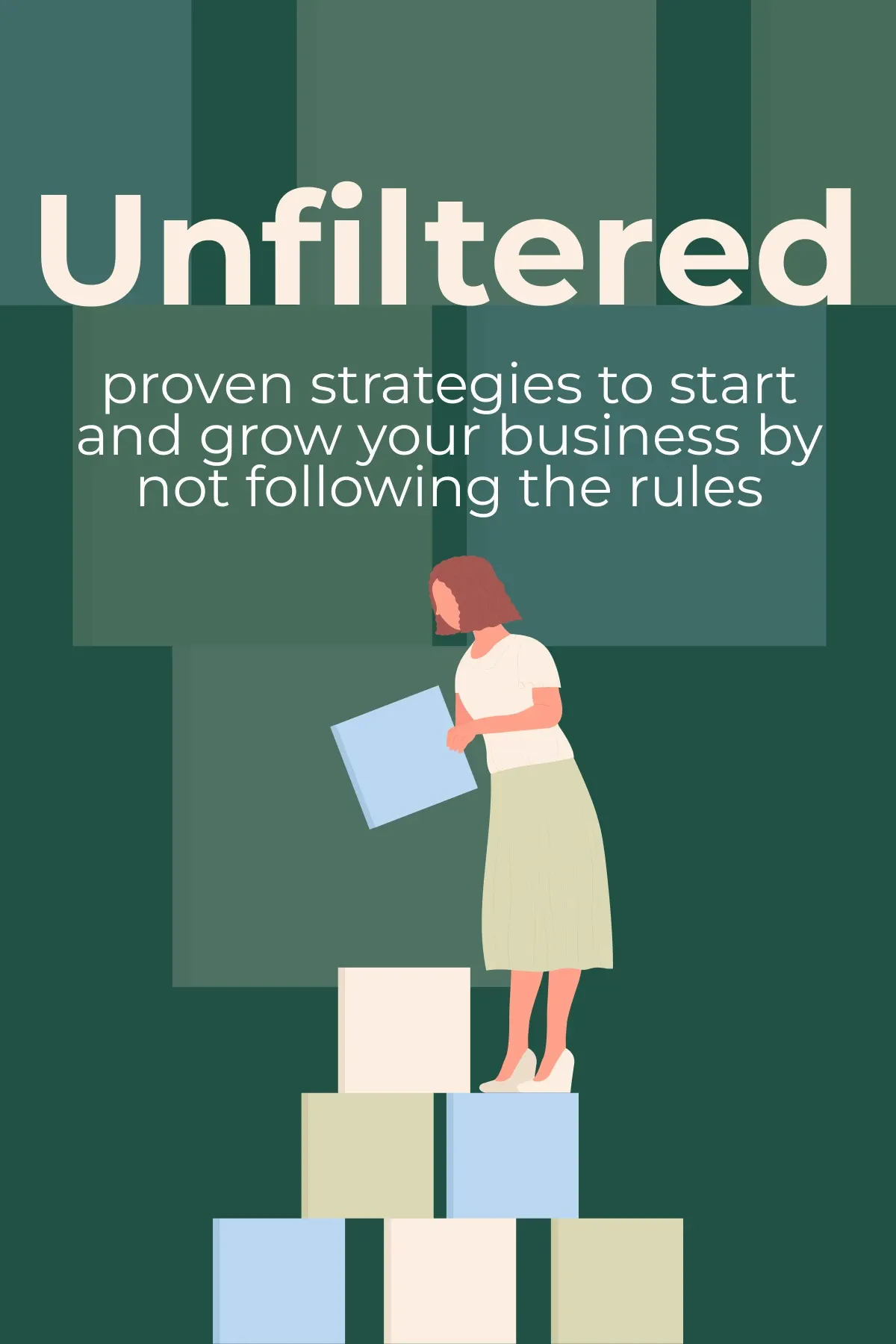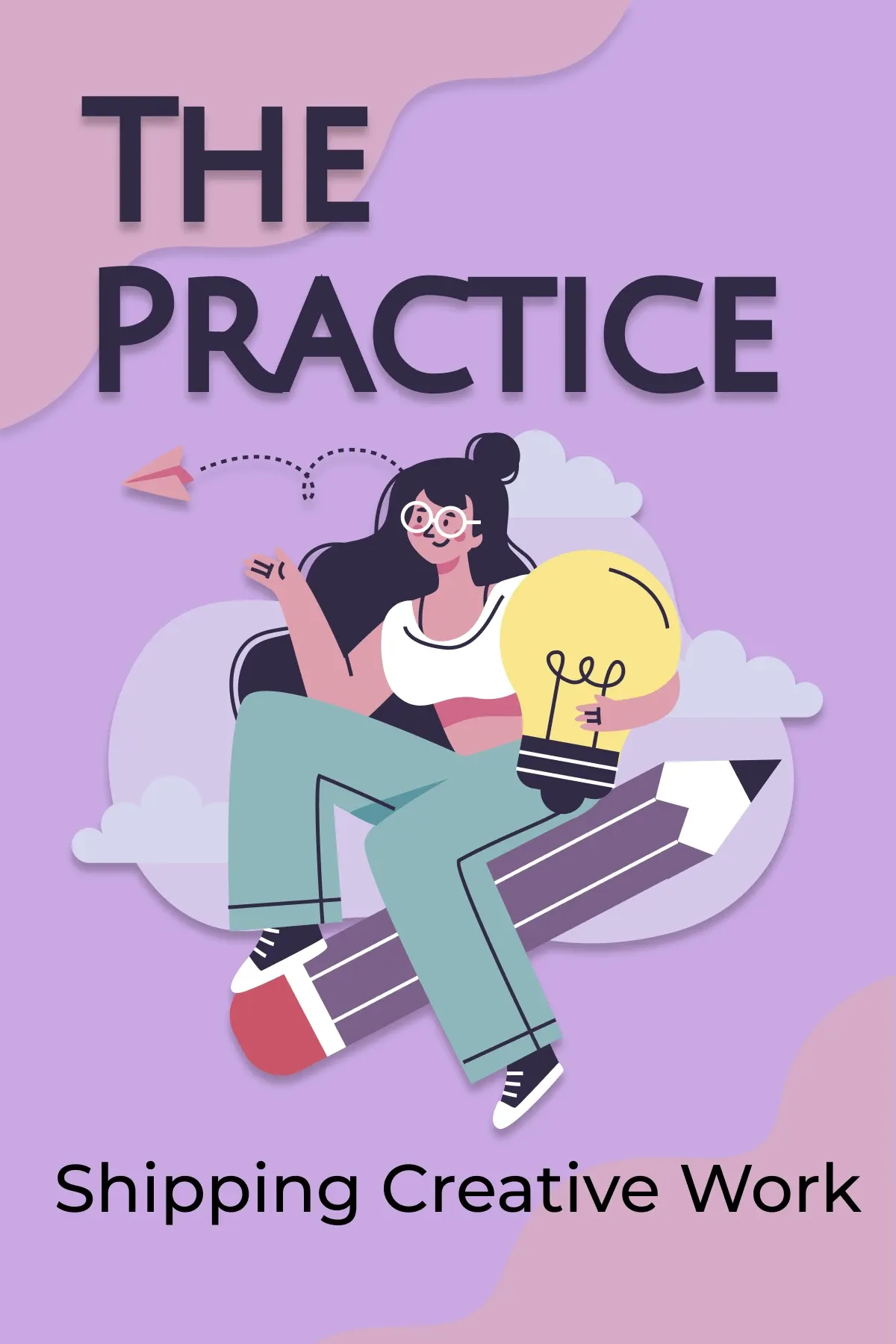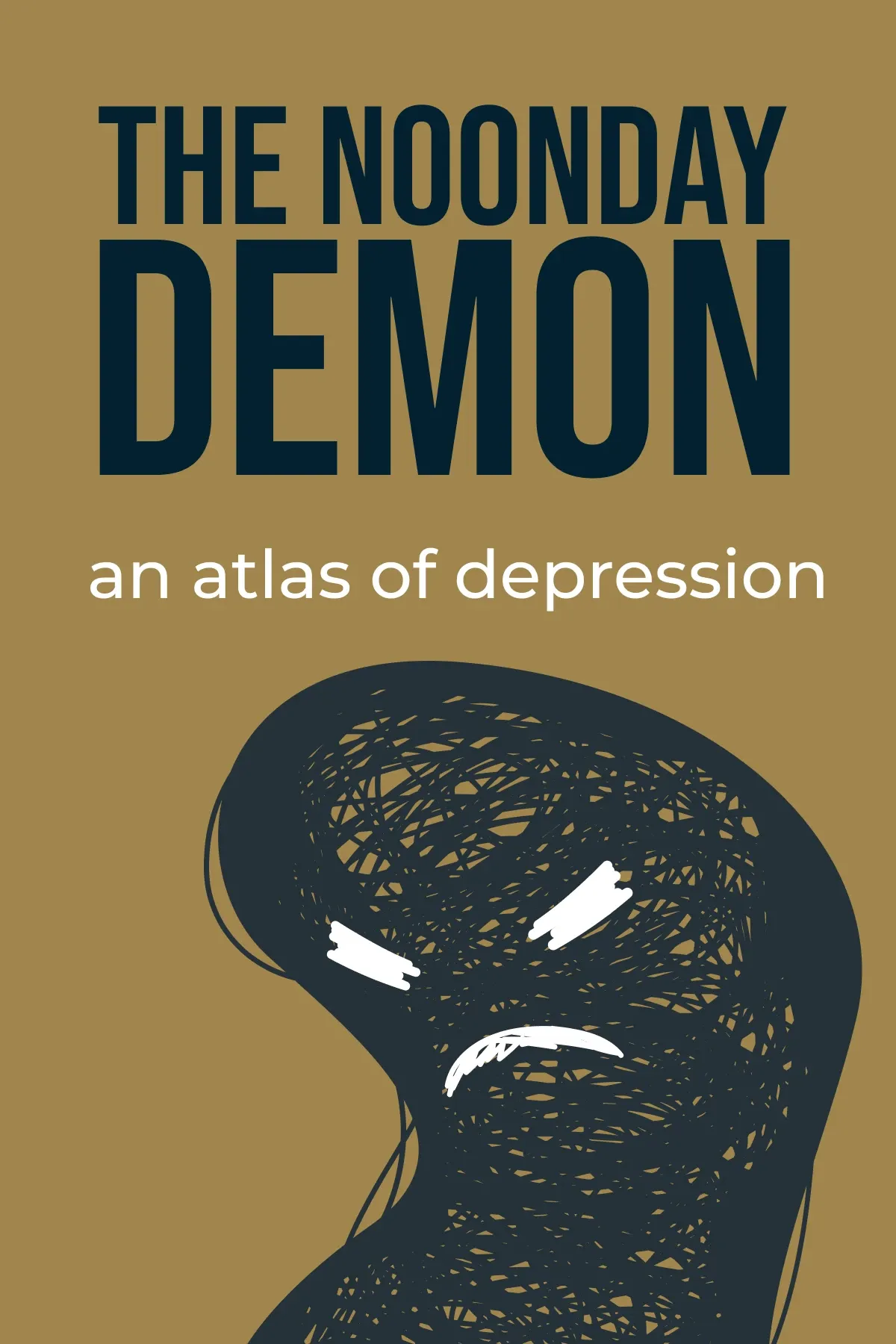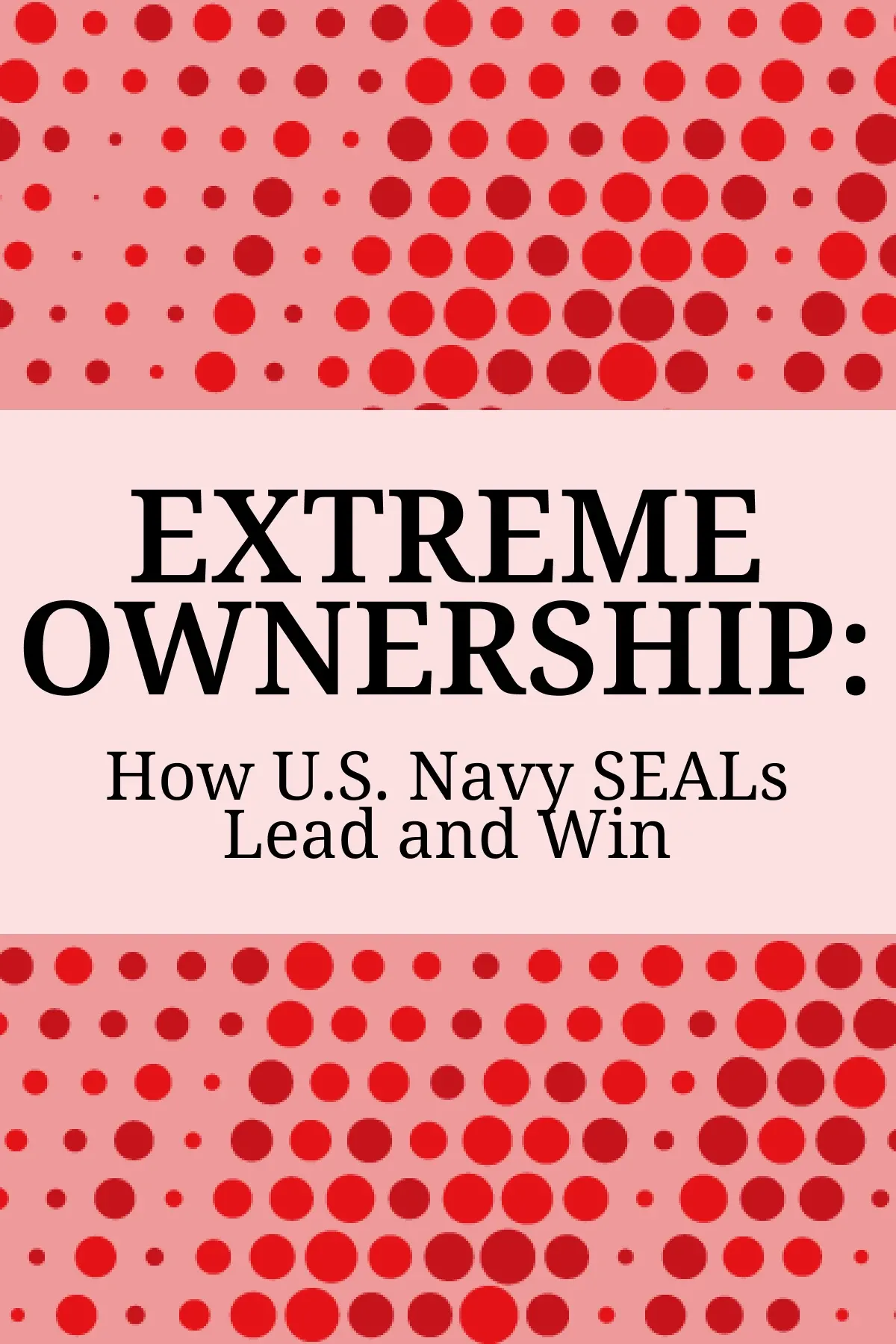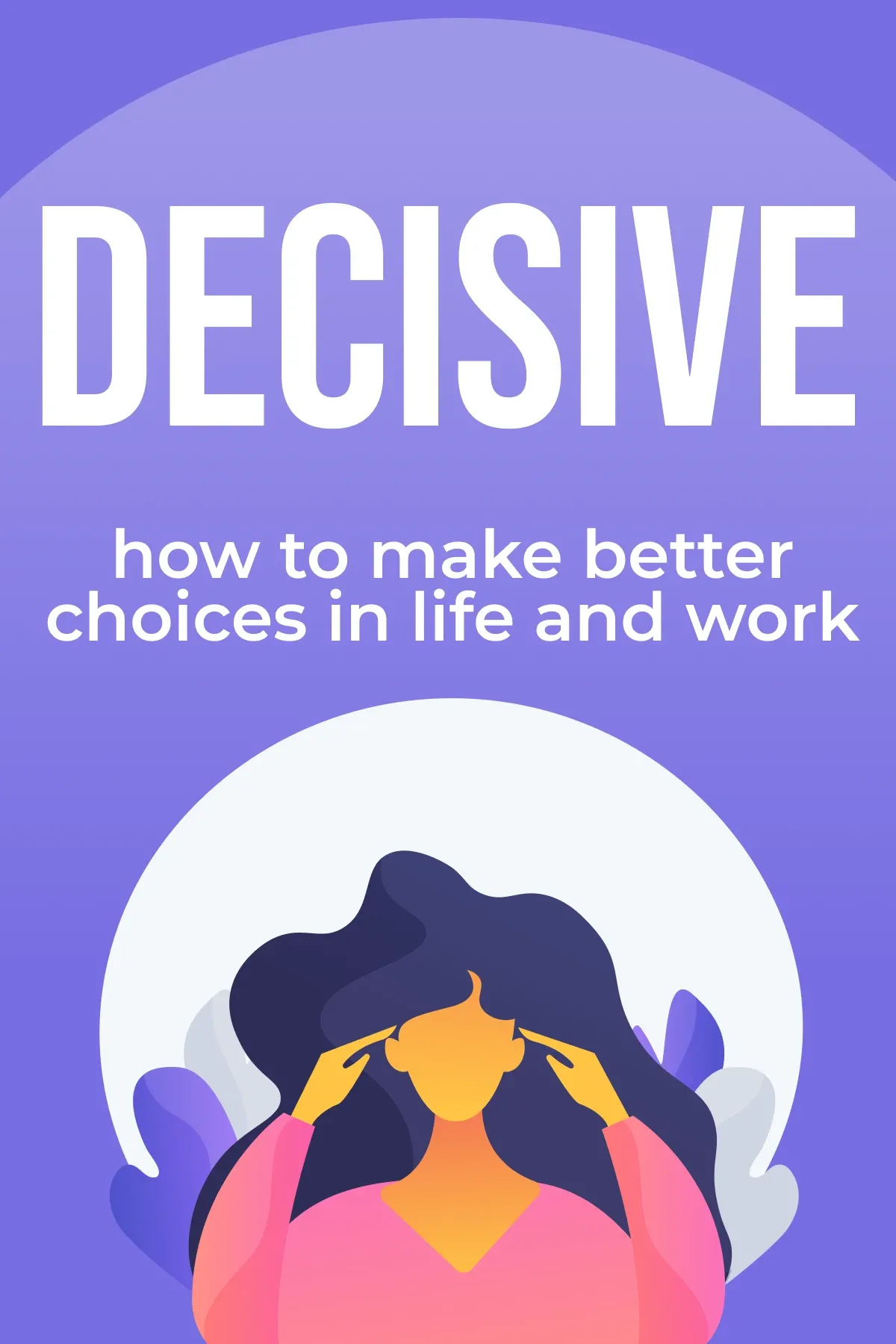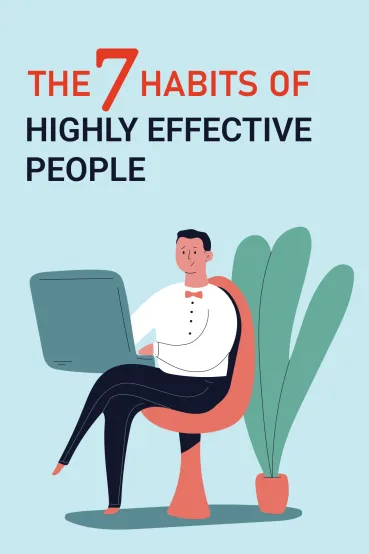
The 7 Habits of Highly Effective People
Brief Summary
Stephen R. Covey's "The 7 Habits of Highly Effective People" challenges readers to change their worldviews by focusing on self-improvement. The book provides seven tips for self-improvement, effective teamwork, and success. Covey encourages introspection to identify core beliefs that guide actions and goals. His teachings, based on fairness, integrity, honesty, and dignity, make it a valuable guide for personal and professional effectiveness.
Topics
Key points
Key idea 1 of 8
Viktor Frankl, a psychologist and Nazi concentration camp survivor, believed fiercely in human resilience. His experiences taught him that no matter the situation, we always have the power to choose our reaction — a testament to our unyielding humanity. Being proactive, however, goes beyond this. It means not just reacting to life but taking the reins. It's about making conscious decisions that align with our values rather than blaming circumstances or other people for our actions.
Proactive individuals don't wait for life to happen; they shape their own destinies. They understand that being proactive is not about being pushy or aggressive but about making things happen. They select their responses, take action, and ultimately shape their own futures. So, how can you become more proactive?
Begin with a "Circle of Concern" — a list of things that matter to you, and then separate the factors beyond your control. Within your Circle of Concern, identify the things you can do something about as your "Circle of Influence." Proactive individuals invest their energy in areas they can control, which expands their influence. Conversely, reactive people focus on uncontrollable factors, often resorting to blame and victimhood.
Progressing from dependence to independence to interdependence is attainable by altering our habits, refining our influence methods, and accepting uncontrollable factors. Start by acknowledging your freedom to choose, define your values, and concentrate on your Circle of Influence. For the next month, commit to working solely within this sphere.
Our mindset and language mirror whether we view ourselves as proactive or reactive. Reactive individuals often renounce responsibility, attributing their actions to their nature, others, or circumstances. They feel restricted by external factors and powerless to change.
Stephen R. Covey once talked to a student about decisions and their results. The student said he "had" to skip class for a tennis trip, worried he'd be kicked off the team if he didn't. Covey helped him understand that he was deciding to go on the trip and accept the result of missing class. Covey stressed that using reactive words could make someone feel like a victim, thinking they can't control their life and often blaming others for their problems.
FAQ
You may also like these summaries


